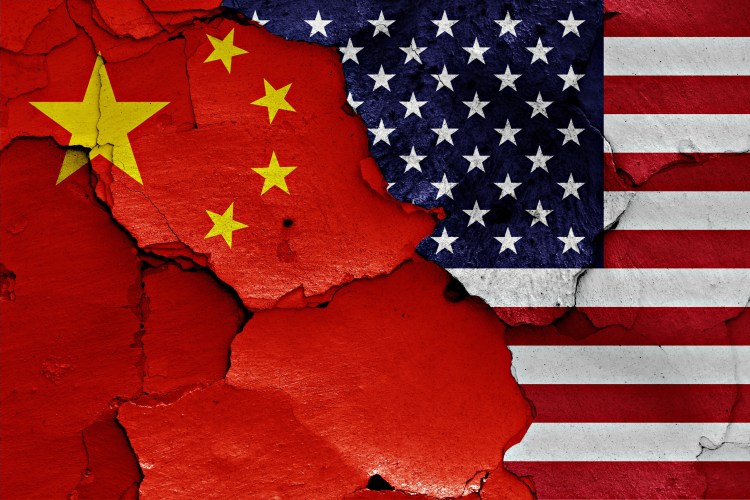U.S. cellular carriers may be the first to launch large-scale 5G networks, but China is deploying far more 5G infrastructure at a rapid clip, says global consultancy Deloitte — a difference that could soon make China the world’s leader in next-generation wireless technology. In a new report, the firm recommends that U.S. regulators and carriers rapidly adjust their 5G plans, lest they get caught in a “5G tsunami, making it near impossible to catch up.”
Fifth-generation, or 5G, cellular networks are the next evolution of wireless technology, promising dramatic improvements in bandwidth, responsiveness, security, and ubiquity compared with today’s 4G/LTE networks. Deloitte and many other consultants agree that the first countries to adopt 5G will benefit from what the report calls “disproportionate gains,” since the ability to connect everything wirelessly will let a country’s companies benefit from an “era of untapped economic potential.”
According to Deloitte, China has recently picked up the pace of its 5G work, adding more mobile sites in three months than the United States did in the prior three years. While U.S. carriers have built under 30,000 new cell sites since 2015, China has built 350,000, in addition to spending $24 billion more on 5G.
But that considerable amount is merely the tip of the iceberg. Deloitte notes that China plans to spend hundreds of billions of additional dollars on 5G, and also has a 35 percent price advantage when it comes to adding new equipment. Citing security concerns, U.S. authorities have refused to allow lower-cost equipment from China’s leading 5G hardware maker, Huawei, to be used on U.S. networks. The U.S. has lobbied allies to avoid Chinese gear, as well.
June 5th: The AI Audit in NYC
Join us next week in NYC to engage with top executive leaders, delving into strategies for auditing AI models to ensure fairness, optimal performance, and ethical compliance across diverse organizations. Secure your attendance for this exclusive invite-only event.
Deloitte’s recommendations are an effort to encourage the U.S. government to adopt an even more cooperative strategy with the telecom industry. The firm is pushing regulators to take further steps to reduce deployment time, using “lighter-touch policy frameworks” to speed the process of getting 5G gear into the marketplace. Additionally, it’s encouraging greater collaboration between the carriers themselves, and the creation of a “national communications infrastructure database” containing best practices and statistics to help the government and carriers work better together.
Led by the FCC, U.S. regulators have recently moved aggressively to speed up 5G deployments, but the rollout process is still slow. Beyond national regulatory approvals and spectrum auctions, individual U.S. cities need to authorize specific 5G towers and hardware, a process that is now proceeding on an extended, city-by-city basis as carriers negotiate investments and contracts with potential “partners.” Meanwhile, government-aided Chinese carriers are rolling out massive amounts of 5G gear across the country’s vast landscape.
Although the report is stoking a fear that the United States will fall behind China, the risk of unnecessary, short-sighted regulatory delays is real. “[U]nless tangible steps are taken to help rebalance the private investment case for the upgrade with the demonstrated external benefits to other industries and the public good,” the report says, “the United States may risk losing the leadership it gained in the previous era. The negative consequences could take decades to overcome, and other countries are already making their moves.”

